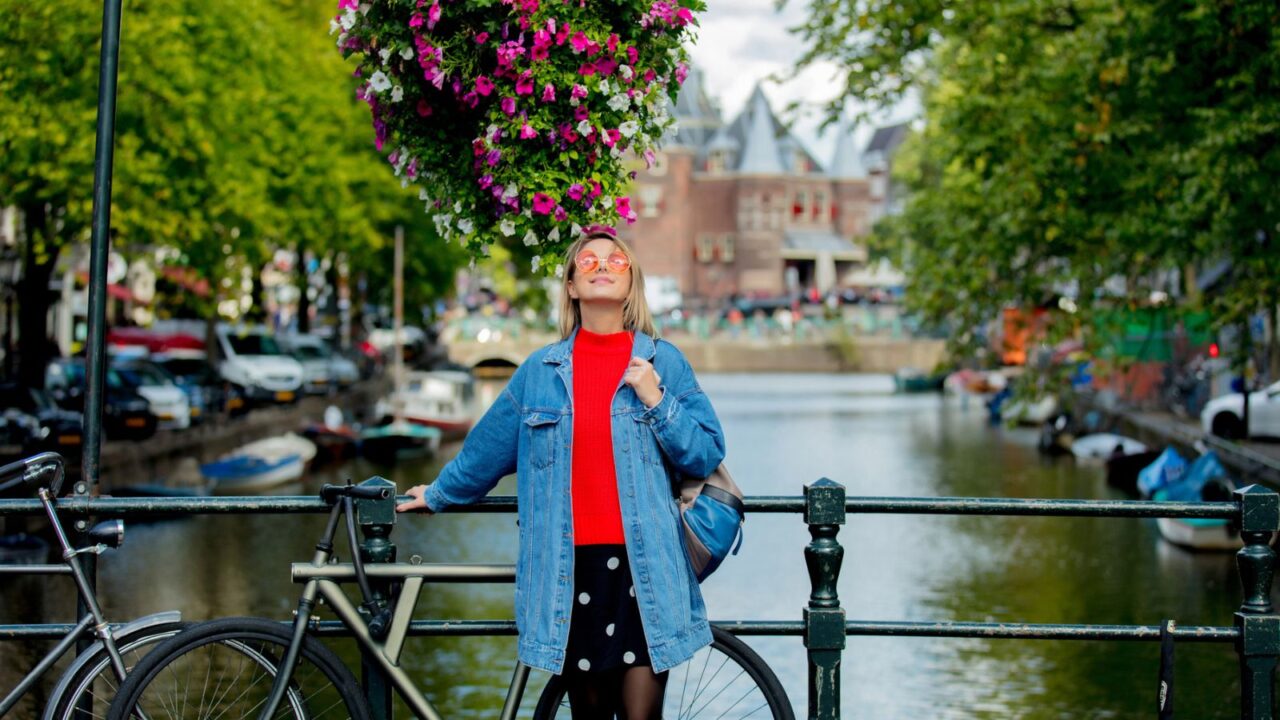
Europe’s secret to happier working lives
Across Europe, millions enjoy shorter workweeks, longer vacations, and healthier boundaries between work and personal life. In 2025, studies show that Europe’s focus on wellbeing and family time gives its workers an undeniable edge.
From flexible hours to universal healthcare, these countries prove that success doesn’t have to come at the cost of peace of mind. Here are the 12 nations redefining balance, and a few lessons worth stealing.
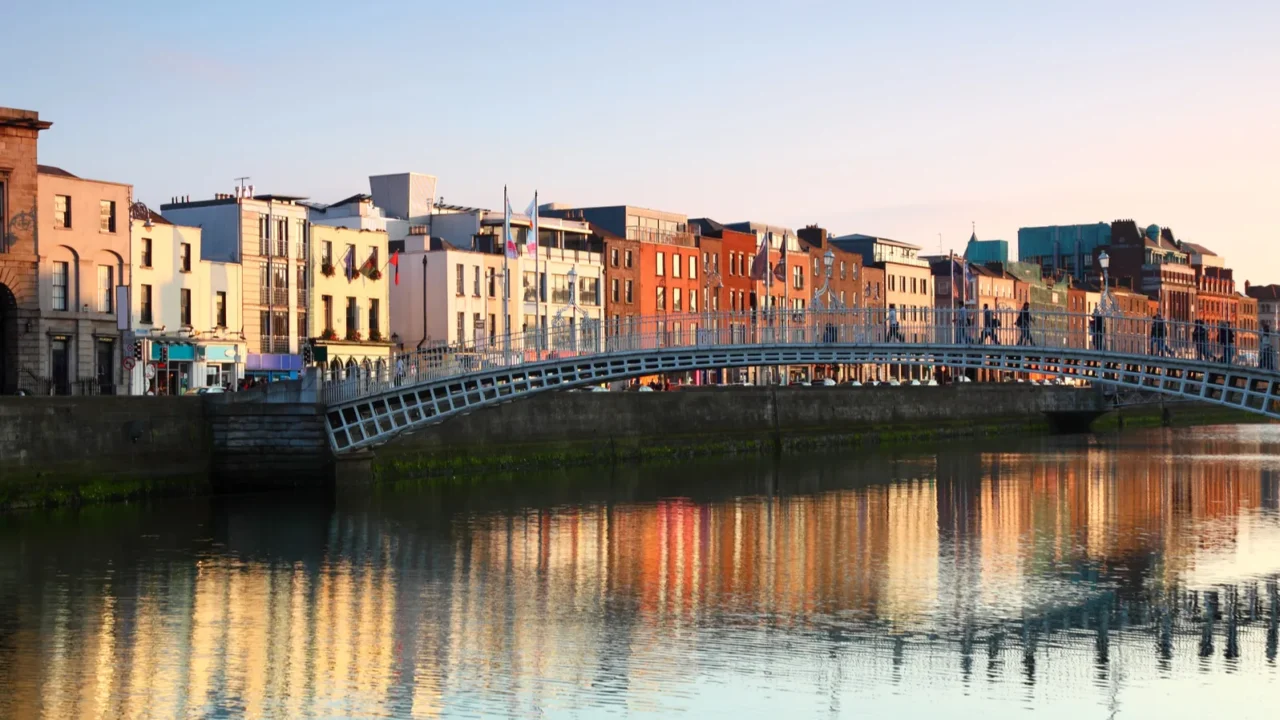
Ireland
Ireland leads Europe in work-life balance, ranking first in 2025 with a strong focus on wellbeing and safety. Workers enjoy generous parental leave, a high minimum wage, and a warm, people-first culture.
Despite Dublin’s living costs, Irish workplaces prioritize mental health and flexible schedules. Its blend of community spirit and modern work culture makes it a model for sustainable happiness.

Iceland
With fewer than 400,000 people, Iceland champions equality, safety, and short working hours. Its family-first policies include generous parental leave and top-tier healthcare.
Remote work, gender equality, and environmental awareness all play a role in creating low-stress lifestyles. Iceland proves that balance isn’t about size, it’s about priorities.
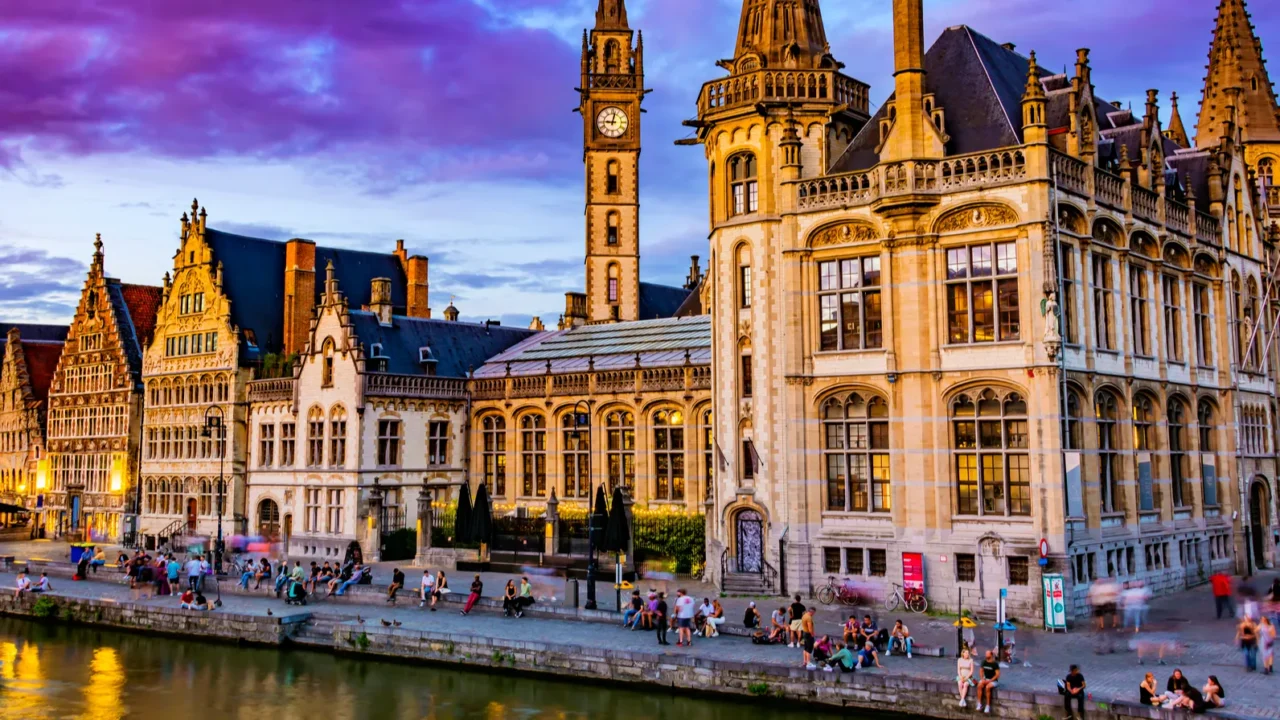
Belgium
Belgium’s workweek is short, but its standards are high. In 2025, it became one of Europe’s top three for work-life balance thanks to strong wages and improved healthcare.
Public safety, paid leave, and flexible work schedules create a culture that values personal time. Belgians work to live, not live to work, and it shows.
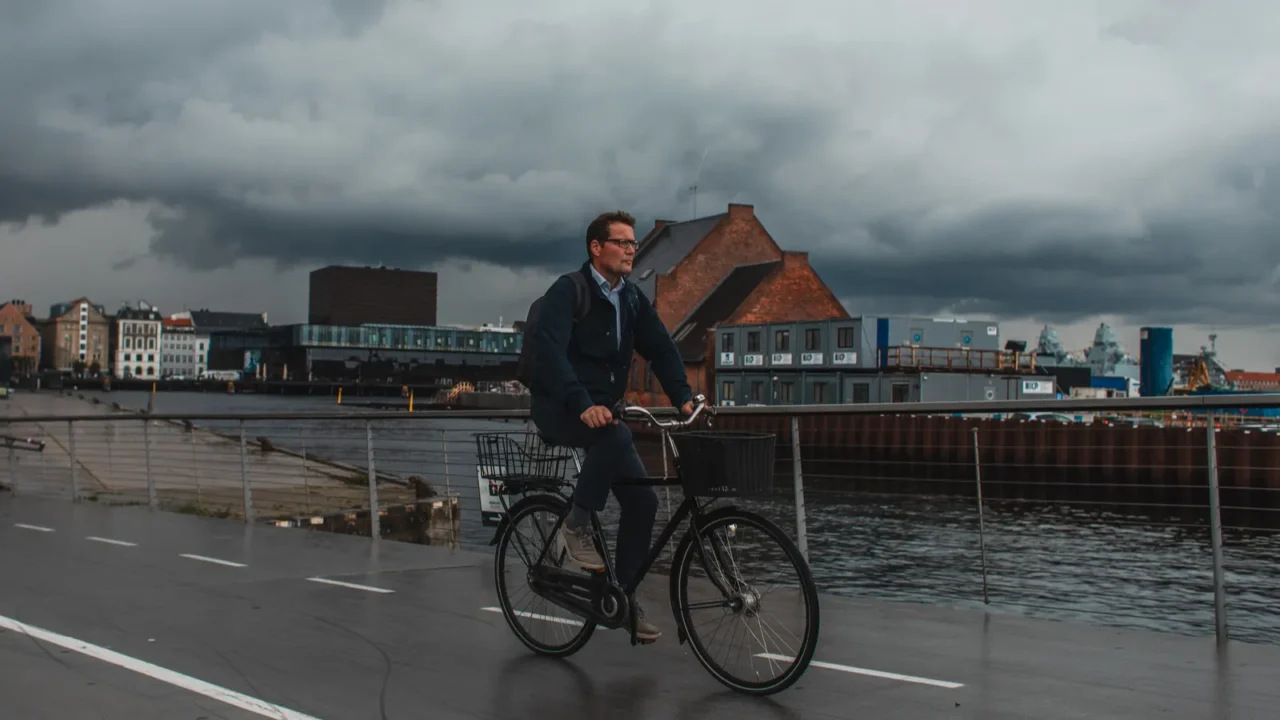
Denmark
In Denmark, happiness is built into the schedule. Workers enjoy shorter hours, six weeks of paid vacation, and unmatched flexibility.
The Danish idea of hygge, comfort and contentment, extends from homes to offices. With safety, equality, and trust woven into daily life, Danes consistently rank among the world’s happiest.
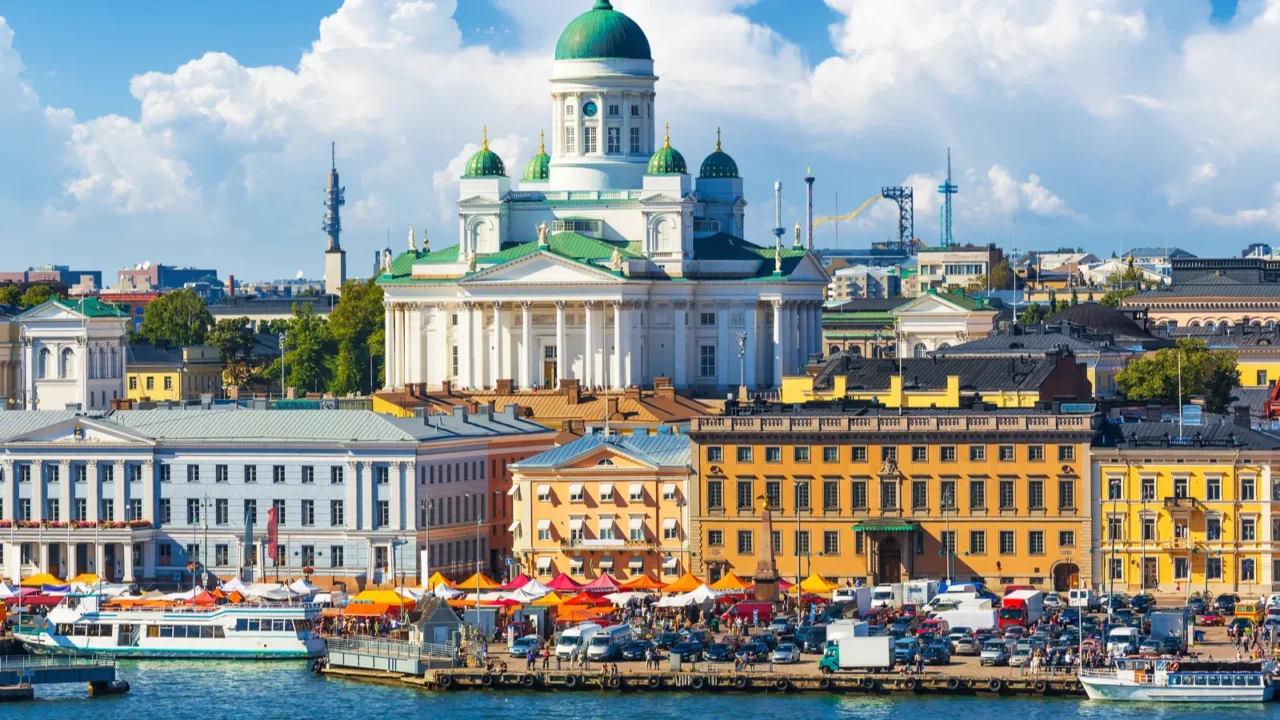
Finland
Finland’s success isn’t luck, it’s design. The country offers up to 164 days of parental leave and strong social support for working families.
Workplaces encourage outdoor breaks, flexible hours, and mental health awareness. With a focus on happiness over hustle, Finland remains a global example of balance done right.
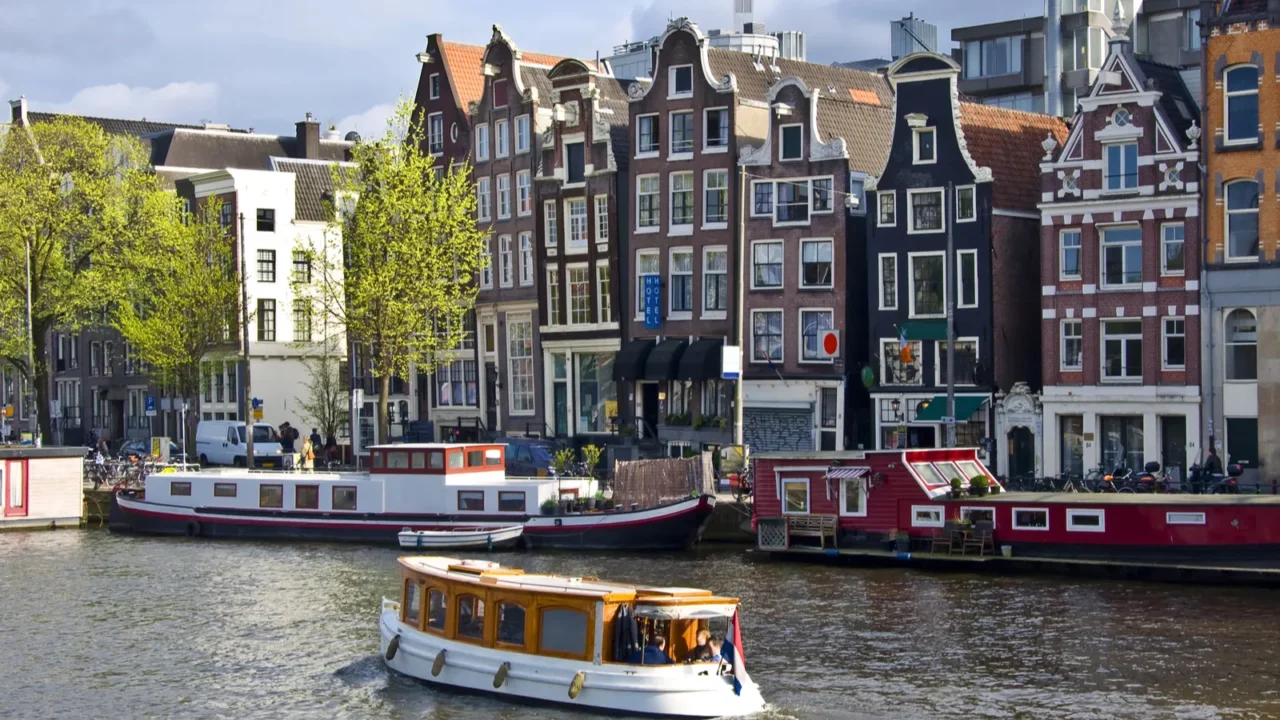
Netherlands
The Dutch enjoy the shortest average workweek in Europe, just 30.5 hours. Flexibility is a way of life, with part-time options and family-friendly policies widely accepted.
Commuting by bike, spending time outdoors, and community-oriented lifestyles make stress levels notably lower. The Netherlands also has one of the world’s highest part-time employment rates by choice, a true sign of balance.
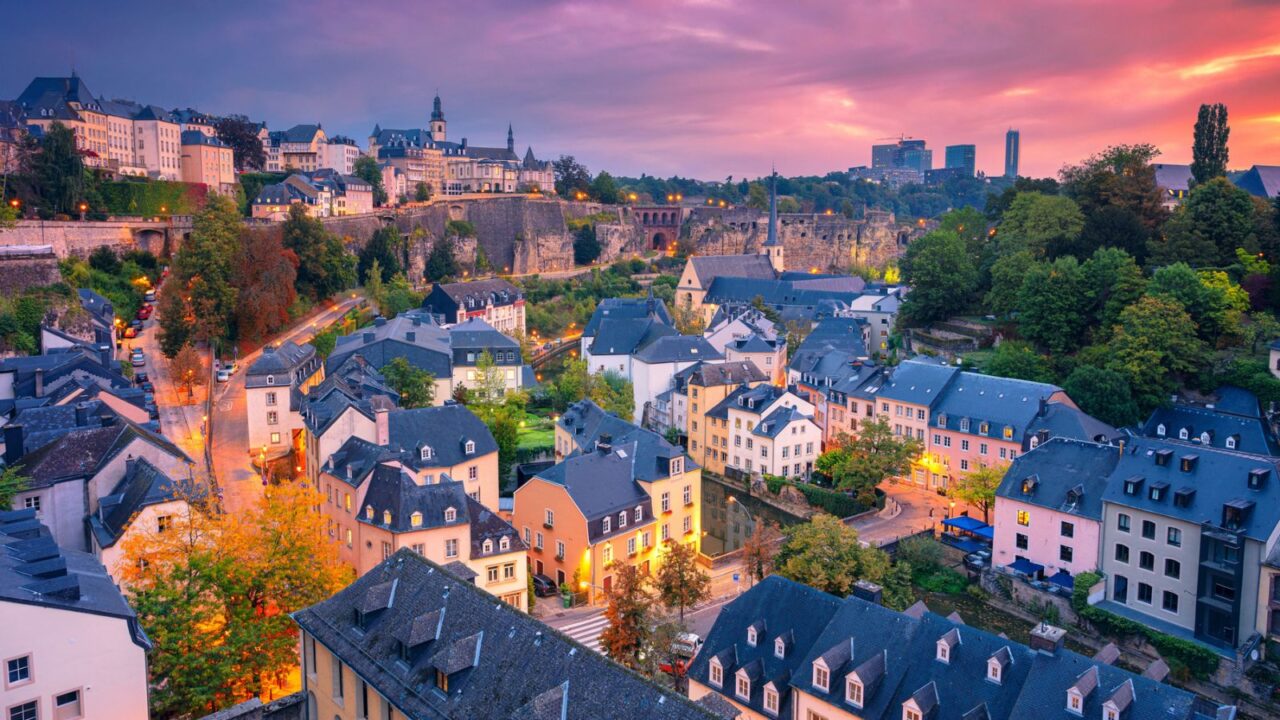
Luxembourg
Luxembourg’s 35-hour workweek and multilingual culture make it both efficient and inclusive. Workers benefit from high wages, excellent healthcare, and generous sick leave policies.
Its mix of global opportunity and local comfort helps employees build stable, fulfilling lives. Luxembourg also spends more on social protection per citizen than any other EU country, showing its deep commitment to welfare.

Norway
In Norway, work-life balance is a right, not a privilege. Employees can legally request flexible hours to care for family or personal needs.
Norway’s social model combines strong welfare, equality, and an active outdoor lifestyle. About 70% of Norwegians spend weekends outdoors, proving balance is a national mindset, not just a policy.
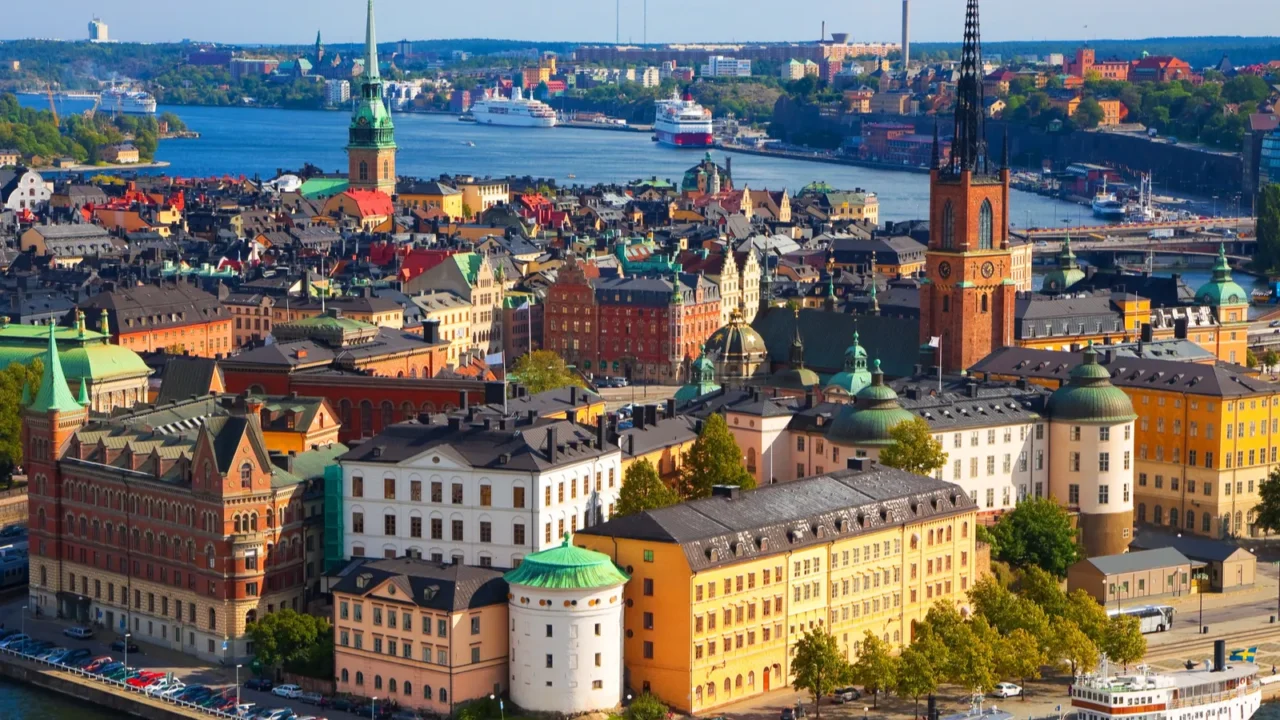
Sweden
Sweden’s 480 days of shared parental leave and focus on innovation make it one of Europe’s most progressive countries. Offices emphasize trust, autonomy, and health over hierarchy.
With shorter hours and robust social safety nets, workers are encouraged to prioritize both family life and personal growth. Sweden’s culture of fika, daily coffee breaks for connection, reinforces balance through simple, human moments.
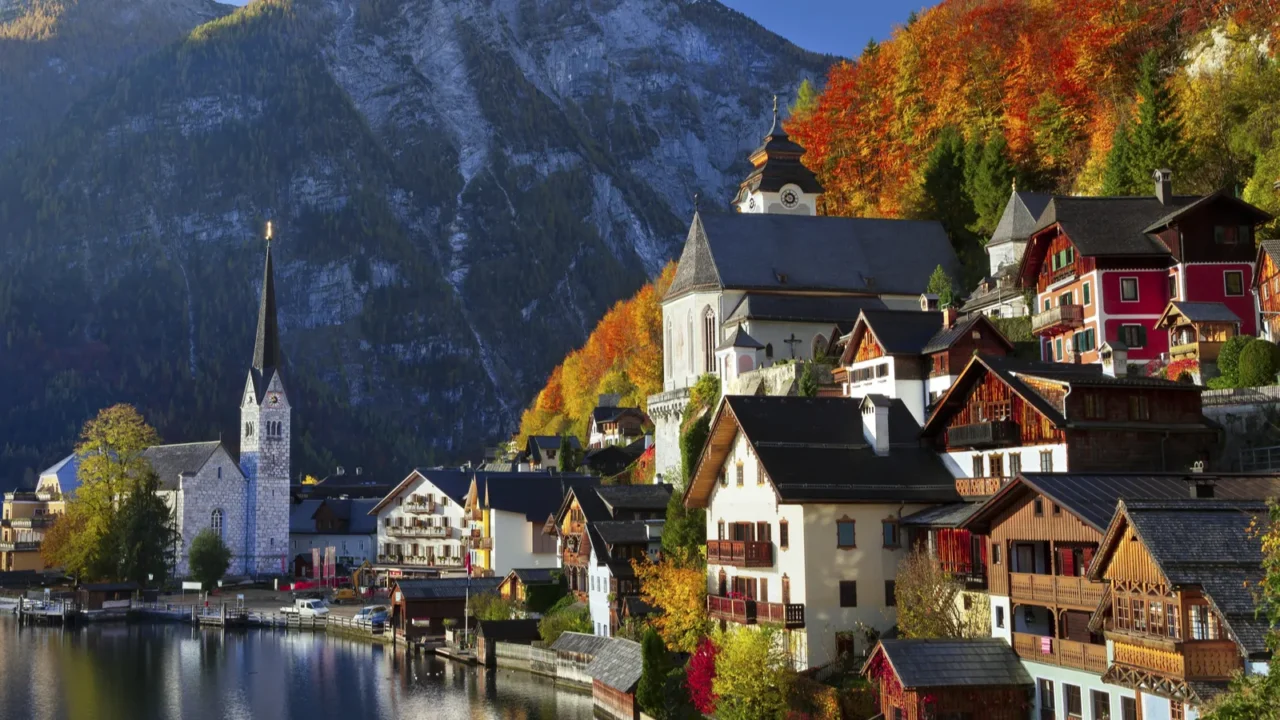
Austria
Austria blends economic strength with cultural richness. Its workers benefit from stable wages, top-tier healthcare, and well-organized public transport that keeps commutes short.
Free weekends, generous holidays, and a love for art and nature make life deeply fulfilling. In 2025, Austria also saw a rise in flexible hybrid jobs, helping more employees balance city work with rural living.
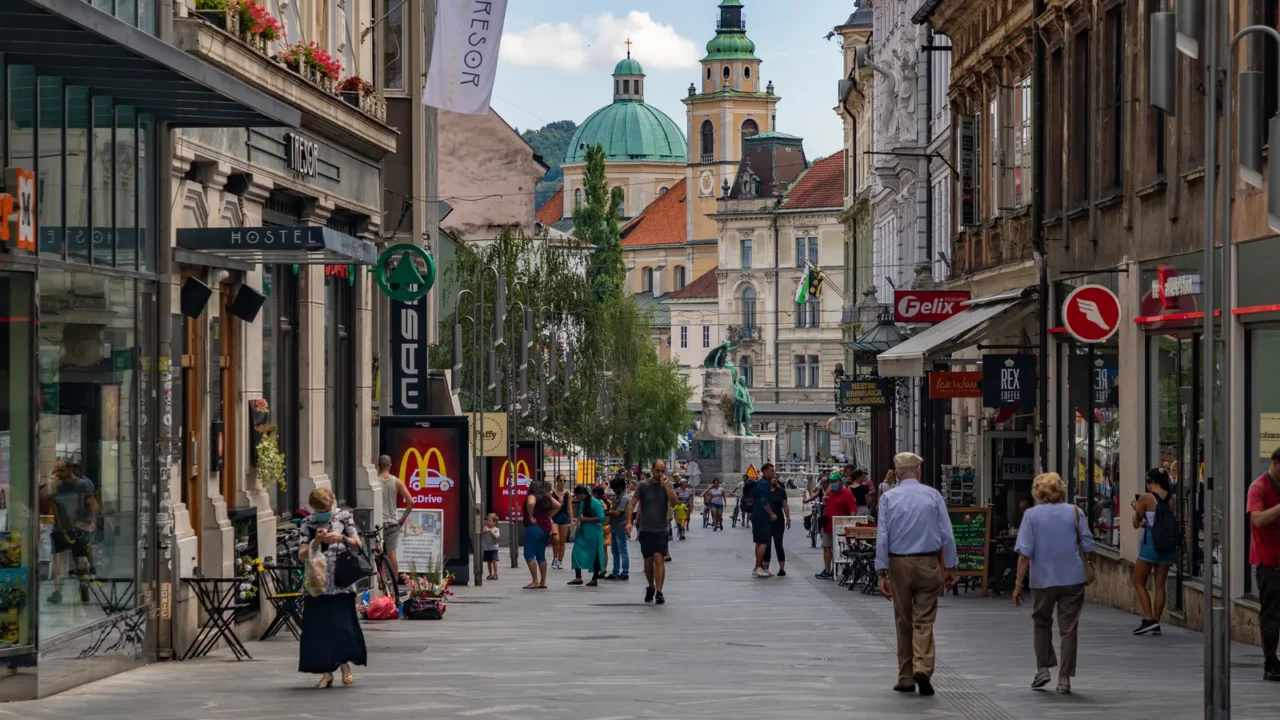
Slovenia
Slovenia is gaining attention for its quality of life and community values. With shorter workweeks and stunning natural surroundings, stress levels stay low.
Social support programs and accessible recreation encourage family time and outdoor living. The country also ranks among Europe’s safest, making it ideal for families and remote workers seeking peace of mind.
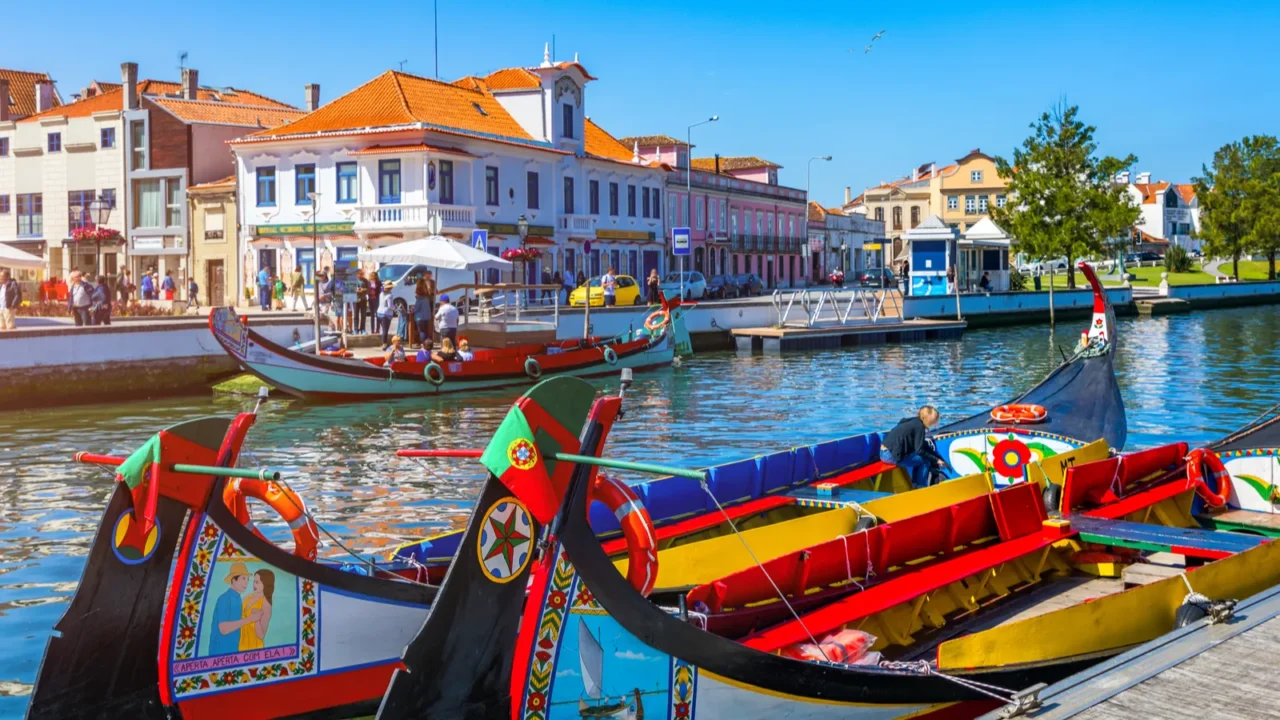
Portugal
Portugal embraces its Mediterranean rhythm without losing modern efficiency. Flexible work culture, reasonable hours, and an emphasis on leisure make it a top choice for digital workers.
The country’s focus on family meals, seaside living, and community has built one of Europe’s most balanced lifestyles. In 2025, Portugal recorded one of the lowest burnout rates in southern Europe.
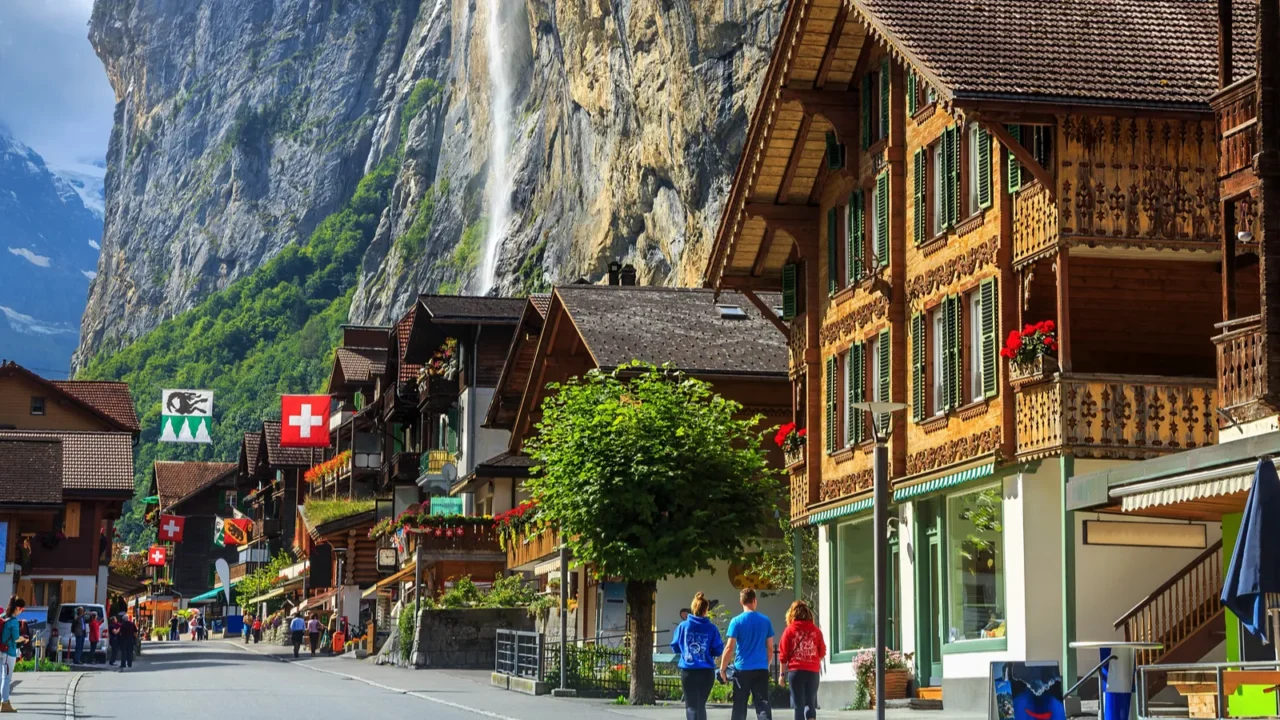
The European edge
Across Europe, a shorter workweek is more than a perk; it’s policy. Paid vacations average 25 to 30 days, and healthcare is accessible to all.
This focus on rest, security, and equality helps workers stay happier, healthier, and more productive. Studies show European employees take 80% more vacation time than Americans without reducing overall output.
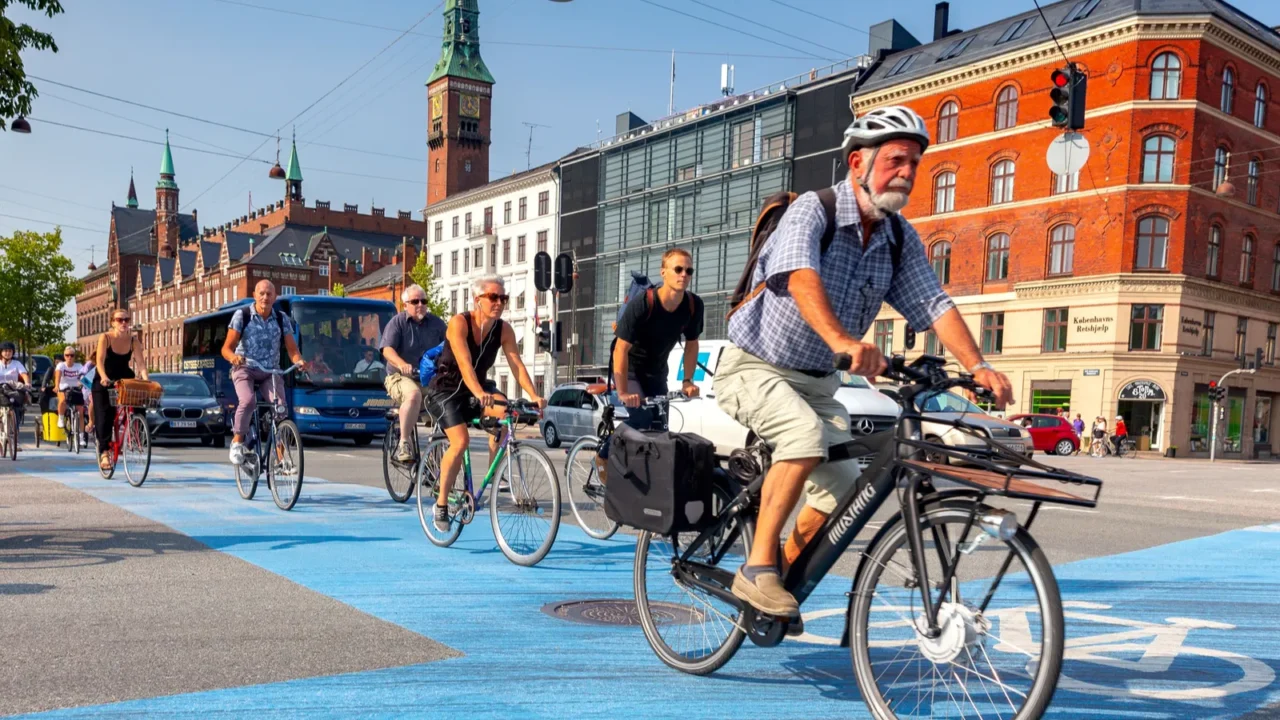
What Europe gets right
European countries have learned that burnout isn’t a badge of honor. By law, employees enjoy longer breaks, stable contracts, and social safety nets that ease financial pressure.
Workplaces focus on trust and autonomy rather than micromanagement. This shift has led to higher productivity scores and lower absenteeism across most of the EU.
Explore Europe’s most affordable cities for 2025, where great work-life balance meets quality living.

Lessons for American workers
The U.S. can draw inspiration from Europe’s approach to balance. Shorter hours, flexible schedules, and more family time could reduce stress and increase productivity nationwide.
Even small steps, like clearer boundaries and better vacation culture, can bring big change. U.S. firms offering four-day workweeks have already seen a 20% rise in employee satisfaction.
Do you know the about these 8 amazing destinations your UK visa already covers?
Which European country’s lifestyle would you want to try for a year? Share in the comments.
Read More From This Brand:
- China ditches US, joins Europe in boosting tourism
- Best budget-friendly cities in Europe for 2025
- Top extravagant luxury hotels around the world
Don’t forget to follow us for more exclusive content right here on MSN.
This slideshow was made with AI assistance and human editing.